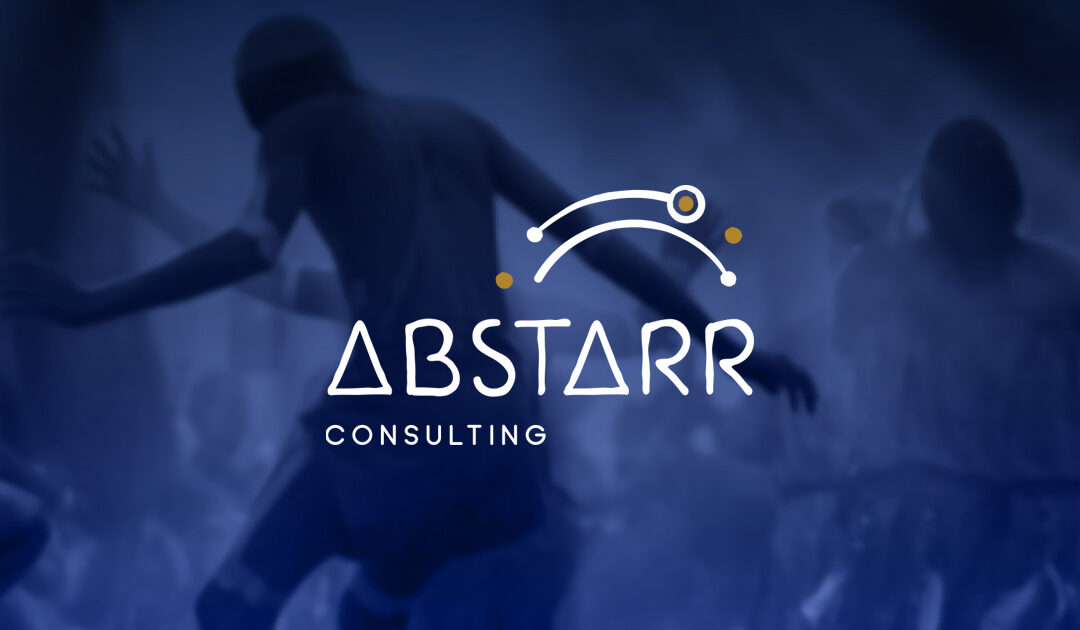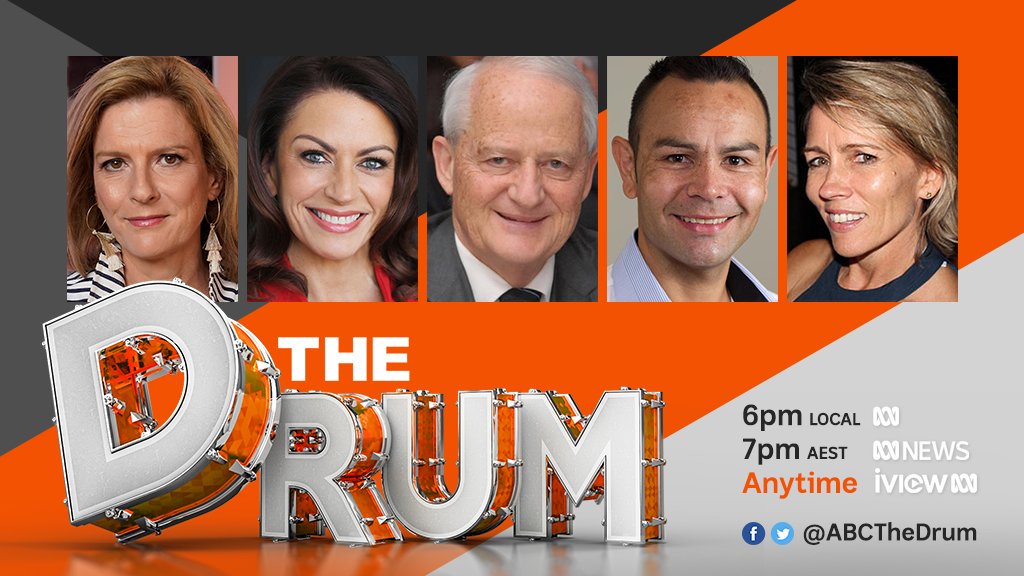
May 11, 2020 | Uncategorized
The Black Magic Woman Podcast is an uplifting conversational style program featuring mainly First Nations people from Australia and around the world. Listen to the episode here.

Mar 3, 2020 | Uncategorized
Thursday marked the release of a new strategy prioritising cultural safety in the health system brought forward by First Nations health experts, regulators and health organisations. The National Scheme’s Aboriginal and Torres Strait Islander Health and Cultural Safety...

Nov 22, 2019 | Uncategorized
Gregory Phillips joins host Ellen Fanning and panel members Philip Ruddock, Jane Fynes-Clinton and Rabia Siddique to discuss new research on Australian jihadis, the health impact of bushfire smoke plus Prince Andrew steps back from public life. Watch...

Sep 11, 2019 | Uncategorized
Watch the episode here: The Drum ABC – Tuesday September 10th, 2019. Host: Julia Baird Panel: Ann Sudmalis, Isabella Kwai, Ming Long, Gregory Phillips, Mal Peters. Guests: Greg Mullins How much is climate change contributing to bushfires and...

Sep 2, 2019 | Uncategorized
The podcast discusses Aboriginal and Torres Strait Islander knowledge in the context of modern healthcare. Click here to listen…






